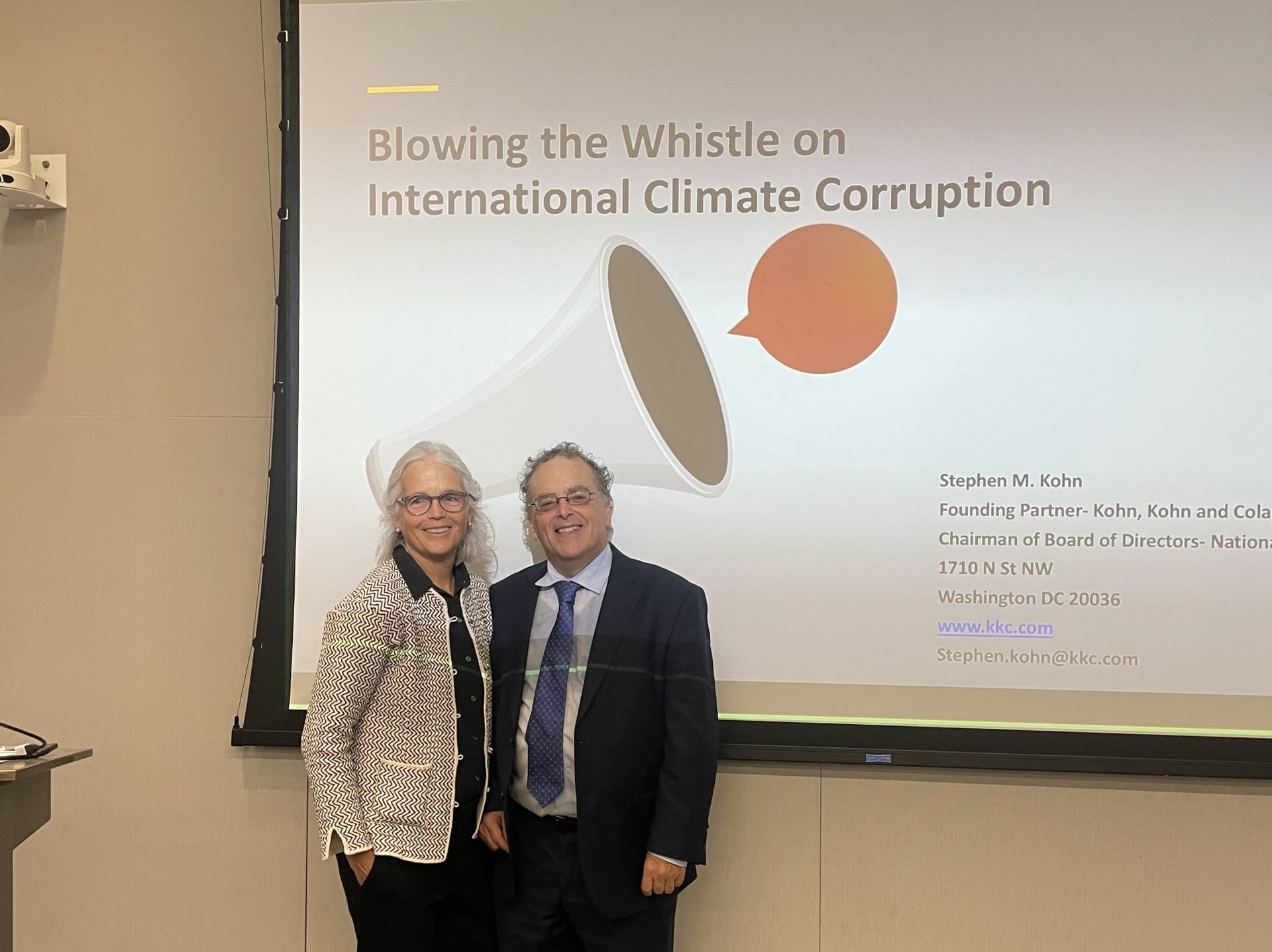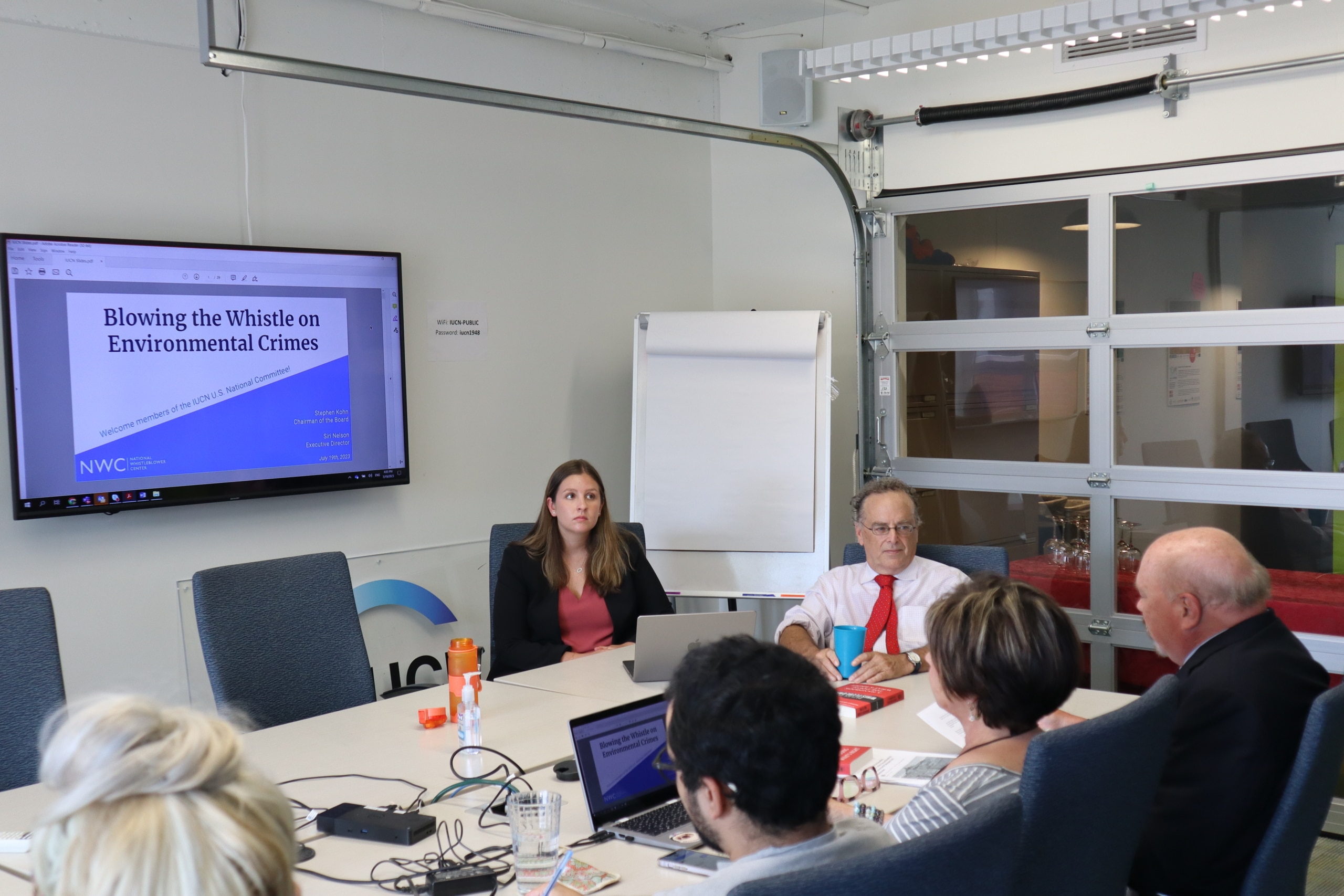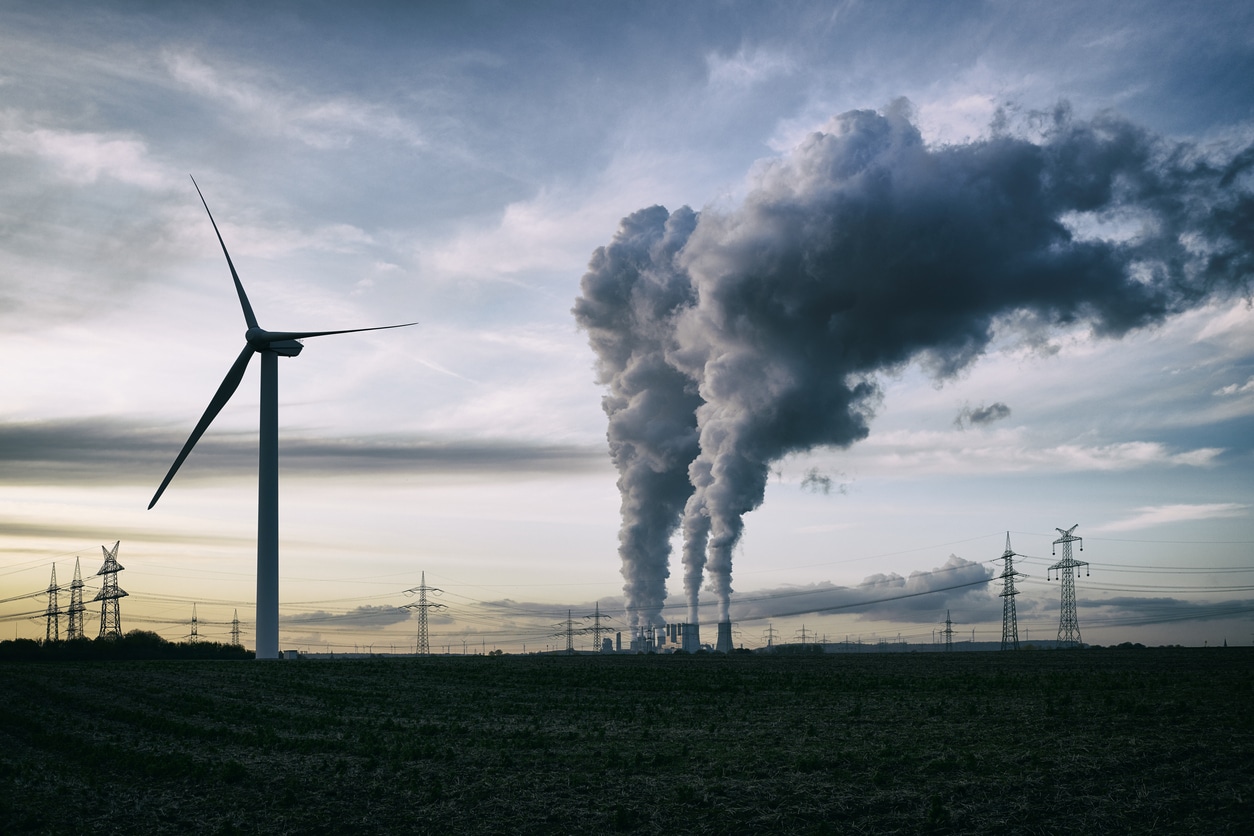May 14, 2025

This information is provided for educational purposes only by Kohn, Kohn & Colapinto and does not constitute legal advice. No attorney-client relationship is created by accessing this content. Laws and regulations may change, and this material may not reflect the most current legal developments. If you believe you have a whistleblower claim, consult a qualified attorney to discuss your specific circumstances.
Stephen Kohn discusses APPS on The Lloyd’s List Podcast
(November 9, 2022)
The Act to Prevent Pollution from Ships (APPS) makes it a crime to violate certain provisions of MARPOL. The International Convention for the Prevention of Pollution from Ships (MARPOL) requires ships to meet specific standards regarding the handling, stowing, distribution, and discharge of pollutants or waste. The United States Coast Guard and the U.S. Environmental Protection Agency enforce APPS, which became law in 1980.
Violators of APPS can be liable for up to $25,000 per violation and Civil penalties of up to $5,000 for each fraudulent statement. The average total for most cases, including penalties and fines, is around $500,000 but has been much higher recently. Whistleblowers who come forward with information about a MARPOL violation may be eligible for rewards up to 50% of the fines and penalties the U.S. receives from the incident. However, uncovering these offenses without a whistleblower coming forward is difficult.
What is MARPOL and APPS?
The MARPOL convention was adopted in 1973 at the International Maritime Organization (IMO). The IMO is a United Nations agency whose primary function is the prevention of marine pollution at sea and maritime safety and security.
To enforce the provisions of MARPOL, the U.S. passed the Act to Prevent Pollution from Ships (APPS). APPS applies to commercial vessels in the U.S. and non-U.S. vessels operating in U.S. waters or ports of U.S. jurisdiction. It has whistleblower rewards provisions (33 U.S. Code § 1908) for those who come forward with information about the illegal dumping of waste.
What are violations under APPS?
APPS makes it a crime to knowingly violate certain provisions of MARPOL and other oil pollution laws. Violations may include:
- Ship discharge
- Garbage dumping
- Emissions
- Manipulation of monitoring systems
- Keeping false books or providing false information
- Failure to keep record of discharges
MARPOL consists of six Annexes that set out regulations covering the various sources of ship-generated pollution. Annexes I and II are mandatory for all signatory nations to MARPOL; Annexes III to VI are optional. These annexes are:
- Annex I, Regulations for the Prevention of Pollution by Oil: this annex covers the prevention of pollution by oil from operational measures and from accidental discharges. Annex I requires new oil tankers to have double hulls and a schedule to fit double hulls in existing tankers.
- Annex II, Regulations for the Control of Pollution by Noxious Liquid Substances (NLS) in bulk: this annex details the discharge criteria and measures for the control of pollution by noxious liquid substances carried in bulk. The discharge of certain residues is only allowed in reception facilities under certain conditions. Ships may not release residues containing noxious substances within 12 miles of the nearest dry land.
- Annex III, Regulations for the Prevention of Pollution by Harmful Substances in Packaged Form: this annex contains general requirements for the issuing of detailed standards on packing, marking, labeling, documentation, stowage, quantity limitations, exceptions, and notifications. Harmful substances are identified as marine pollutants in the International Maritime Dangerous Goods Code or meet the criteria in the Appendix of Annex III.
- Annex IV, Regulations for the Prevention of Pollution by Sewage from Ships: this annex contains requirements to control pollution by sewage.
Discharging sewage into the sea is prohibited, except when the ship has in operation an approved sewage treatment plant. Or when the ship is discharging comminuted and disinfected sewage using an approved system at more than three nautical miles from the nearest dry land.
- Annex V, Regulations for the Prevention of Pollution by Garbage from Ships: this annex specifies the type of garbage, distance from dry land, and the manner of disposal. The most important feature of this annex is the complete ban on disposing of plastics at sea.
- Annex VI, Regulations for the Prevention of Air Pollution from Ships: this annex sets limits on Sulphur oxide and nitrogen oxide emissions from ship exhausts and prohibits deliberate emissions of ozone-depleting substances
Whistleblower Rewards for Reporting Pollution
APPS also includes whistleblower reward provisions to help combat illegal pollution and incentivize workers to expose any known information about pollution from ships. U.S. and non-U.S. citizens are welcome to report violations and apply for rewards which can be upwards of 50% of the fines and penalties the government collects. Between 1993 – 2017, the U.S. courts awarded 205 whistleblowers a sum of approximately $33 million in 100 prosecutions under APPS, where just over 75% were outside of the U.S.
Revenue Resulting from APPS Whistleblower Disclosures
In cases brought by the whistleblowers under the Act to Prevent Pollution from Ships/MARPOL, the fines and penalties generated serve the public interest and fund environmental groups and organizations. Below is a list of a few of the groups and projects that have benefited from these cases:
Cases Under APPS
Perhaps the most famous of these cases in recent times was Prince Cruise Lines’ sentence of $40 million. More recently, the former chief engineer was sentenced to a year and a day in prison for deliberately discharging oily waste off Louisiana’s shores and taking actions to obfuscate the discharge. He also retaliated against the whistleblower who alerted the coast guard.
View a complete list of APPS cases
Cases under the Act to Prevent Pollution from Ships (APPs)


